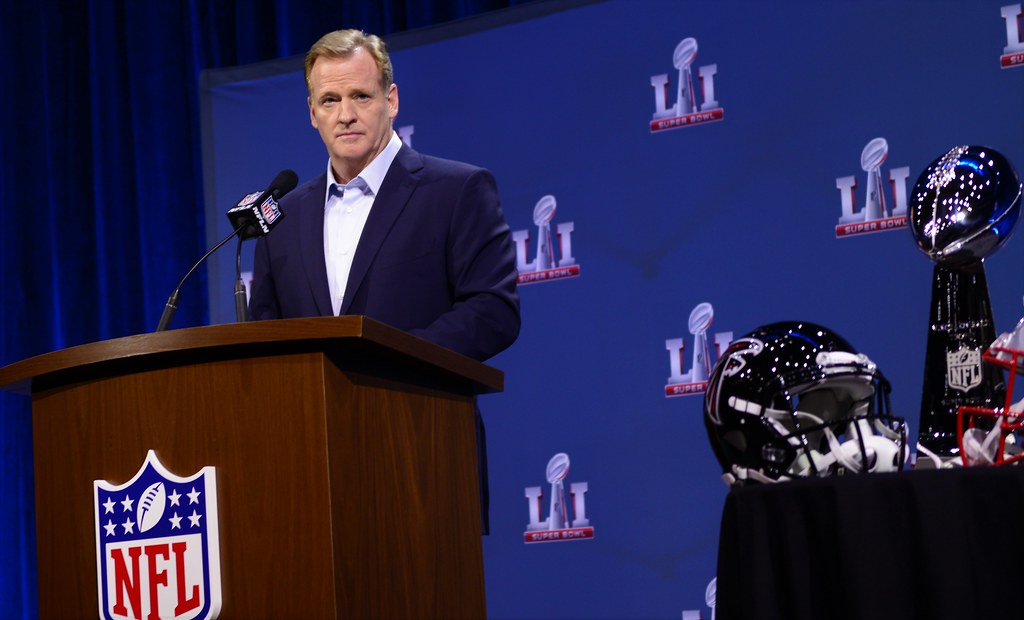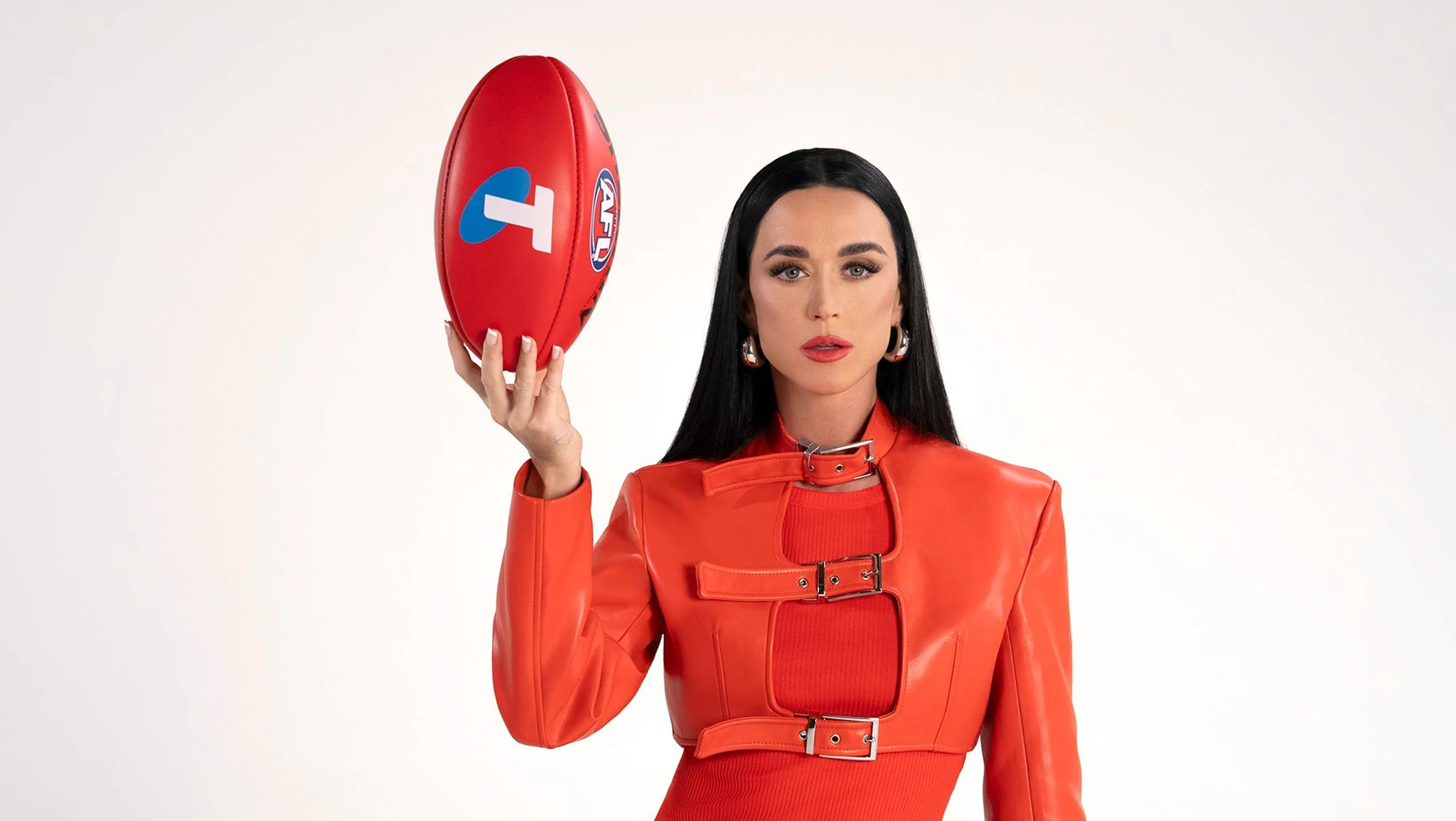NFL extends Commissioner Roger Goodell’s Contract to 2027

The National Football League (NFL) has confirmed a contract extension for Commissioner Roger Goodell, ensuring he will remain in his role until 2027. The renewal received unanimous backing from all 32 team owners.
This is the fourth contract extension for Goodell, who first assumed the role in 2006. His previous extensions came in 2009, 2012, and 2017. The latest extension will take Goodell through three and a half more years in his leadership position.
During Goodell’s current term as commissioner, the NFL has experienced remarkable growth in popularity and revenue generation. The league secured substantial collective bargaining agreements and new media rights deals with major broadcasters, including CBS, NBC, Fox, ESPN and Amazon, amounting to over $100 billion in value.
The NFL recently concluded a multi-billion-dollar streaming deal with YouTube TV for its Sunday Ticket package, which generates a staggering $2 billion annually. The league has also entered a $110 million agreement with national network NBC to exclusively stream an NFL playoff game in the coming year.
The value of NFL franchises has reached new heights, with the Washington Commanders recently sold for a record $6.5 billion earlier this year. Goodell has led the league through challenging periods of intense scrutiny, especially concerning its handling of off-field issues involving players, such as domestic violence accusations and player protests during the national anthem in response to racial injustice and police brutality in the United States.
Goodell skillfully navigated the NFL through the Covid-19 pandemic, ensuring the league continued to host a full schedule of games while players received 100 percent of their compensation, a crucial factor in the decision to extend his contract.
Under Goodell’s leadership, the NFL has actively expanded its international presence, with plans to stage five international regular-season games in London, UK, and Frankfurt, Germany, this season. The league awarded International Home Marketing Agreements (IHMA) to 18 of its 32 franchises across eight countries, including the UK, Germany, Mexico, Canada, Brazil, Spain, China and Australia.
Responding to his goals for the next three and a half years, Goodell emphasised the league’s commitment to ongoing improvements and its aspiration to become a global sport, all while tackling various challenges and seizing opportunities. He reiterated that the focus is on making the NFL better and reaching a wider audience.
“There are a lot of challenges out there, but there are also a lot of opportunities for us, and we’re focused on how we make the NFL better every day, how we become a global sport,” Goodell said.
“I think some very exciting things are happening in that context and I feel really good about where the NFL is today, but we don’t sit around and tell ourselves that. We really shouldn’t, and we really focus on what are the things we need to do.”
The extension, expected to be Goodell’s last, follows the trend of the two previous commissioners, who stepped down from the role in their mid-sixties. Goodell is 64 years old.
While his annual compensation is less than $10 million, it is estimated to rise to approximately $40 million through incentives, primarily tied to the league’s overall revenue. Goodell’s long association with the NFL began in 1982 when he joined as an intern, eventually rising to the position of executive vice president and chief operating officer in 2001.
NFL owners voted to increase the debt limit for teams by an additional $100 million, raising the overall limit per team to $700 million. The decision was made to align with the soaring valuations of NFL franchises and the impact of rising interest rates.
This move is expected to make potential team sales more appealing to buyers, who can now leverage more debt to acquire a team. Jim Irsay, the owner of the Indianapolis Colts, initially proposed increasing the limit to $100 million but expressed that it should ideally be closer to $1 billion.
However, the league did not vote on raising the debt limit for purchasing a team, which currently stands at $1.1 billion. This means that a buyer can only have $1.1 billion of debt for acquiring an NFL team.
It's free to join the team!
Join the most engaged community in the Sports Business World.
Get all the latest news, insights, data, education and event updates.




